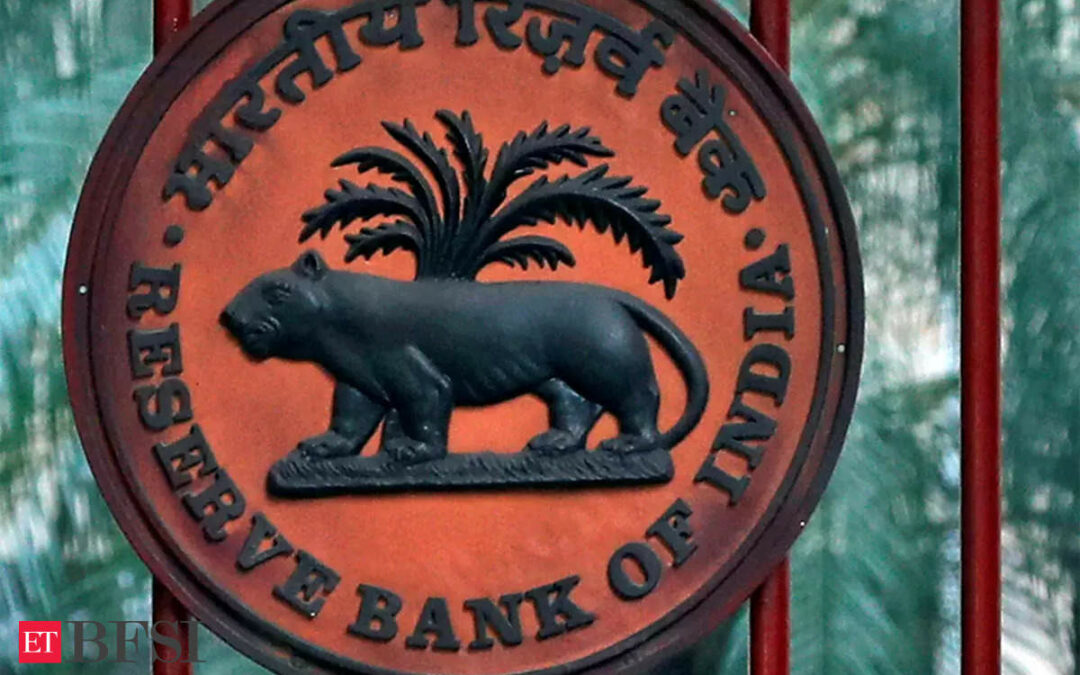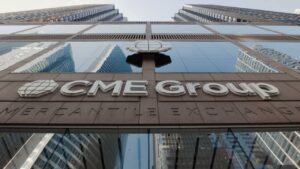The Reserve Bank of India in its monthly bulletin flagged about looming concerns around a likely slowdown in global growth in 2024 after after outperforming expectations in 2023 so far. As such, tighter financial conditions may continue to prevail, it said.
“The global economy could slowly be approaching an inflection point beyond which things will change to local growth booms but production inefficiencies worldwide. This has led to a view that there will be a recession; it is just getting pushed into 2024,” the RBI said.
RBI further noted that crude prices rising above $90 per barrel is a new risk to global financial stability. The strength of the US dollar on safe haven demand is also making crude prices higher, it said. “Global inflation is once again under siege as deep deficits in global oil balances become persistent unless global demand is hit by a sharp economic downturn,” RBI wrote in the September edition of the Bulletin.
However, the RBI sees the stabilising core inflation, which excludes food and fuel prices, as a sign that price pressures in the economy are easing. Vegetable prices eased in August and brought down retail inflation to 6.8 per cent. This is likely to continue in September, RBI said.
“The correction is not complete, and more is expected to drive down retail inflation in its September reading,” the central bank said. It added the correction in prices has moved beyond the three key vegetables – tomato, potato and onion – and the outlook for cereal prices has brightened, “supported by active supply side interventions”.
While headline inflation remained above the central bank’s comfort band of 2-6 per cent, core inflation dropped below 5 per cent in August.
The central bank’s economic activity index nowcasts GDP growth for the July-September quarter at 6.6 per cent. This has, however, partly driven a normalising base. “Amidst weakening global prospects, the Indian economy is gaining strength led by domestic drivers,” the RBI bulletin read.
The RBI bought $3.47 billion, on a net basis, in the spot foreign exchange market in July. The RBI said it purchased $5.32 billion and sold $1.84 billion in July. In June, the central bank had bought a net of $4.50 billion in the spot market.
The central bank intervenes in the spot and forwards market to curb exchange rate volatility. The currency closed at 83.2675 to the dollar on Monday, after hitting an over 10-month low of 83.2725 earlier this in the day.










